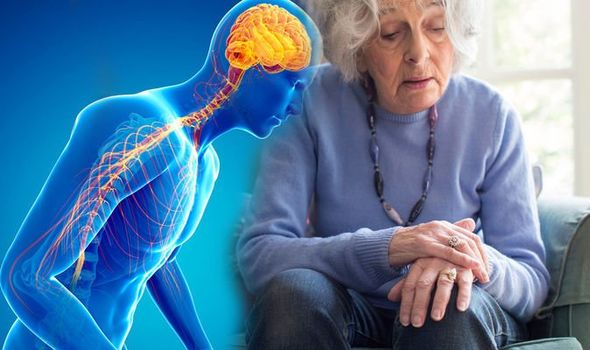Parkinson's Disease is a chronic, degenerative disorder that primarily affects the motor system. It occurs when certain nerve cells (neurons) in the brain gradually break down or die, leading to a decrease in dopamine levels. Dopamine is a chemical messenger responsible for transmitting signals that coordinate movement. As dopamine levels decline, individuals experience difficulties in controlling their body movements.
Causes of Parkinson's Disease
While the exact causes of Parkinson's are not clear, researchers have identified several factors that may contribute to its development:
1. Genetic Factors: Genetic mutations are believed to be the cause of Parkinson's disease in some rare cases where there is a family history of this disease.
2. Environmental Factors: Exposure to certain pesticides can also lead to this condition, however, more research is needed to conclude the link between pesticides and the development of the disease.
3. Aging: Increasing age is the most significant risk factor for Parkinson's disease. While the condition can develop at any age, it most commonly affects individuals over the age of 60.
Symptoms:
1. Trembling of body parts
2. Slowness in day-to-day movements,
3. Rigidity
4. Depression
5. Anxiety
6. Sleep disturbances
7. Digestive issues
Current and Future Treatment Options
While there is no cure for Parkinson's disease at present, various treatment options are available to manage symptoms and improve quality of life.
1. The primary treatment approach involves the use of medications aimed at replenishing dopamine levels in the brain or mimicking its effects.
2. Physical therapy, 3.Occupational therapy
4. speech therapy can also be beneficial in managing motor symptoms.
In recent years, researchers have been exploring innovative avenues in the quest for a cure. This includes investigations into gene therapy, stem cell therapy, deep brain stimulation, and neuroprotective strategies. While these approaches are still in the experimental stages, they hold promise for the future of Parkinson's disease treatment.
Parkinson's disease continues to be a significant health challenge, impacting individuals and their families worldwide. While the exact causes remain unclear, scientific advancements have shed light on its origins and paved the way for improved symptom management

 According to a study, India has 7 million elders afflicted with Parkinson's. With the average life span of Indians going up by 5 years in the last decade (Union Ministry & Family Healthcare Statistics-2014) and projected to increase by 19% by 2050 (United Nations Population Division India), the disease burden of India is expected to increase tremendously.
According to a study, India has 7 million elders afflicted with Parkinson's. With the average life span of Indians going up by 5 years in the last decade (Union Ministry & Family Healthcare Statistics-2014) and projected to increase by 19% by 2050 (United Nations Population Division India), the disease burden of India is expected to increase tremendously.










.jpeg)



















